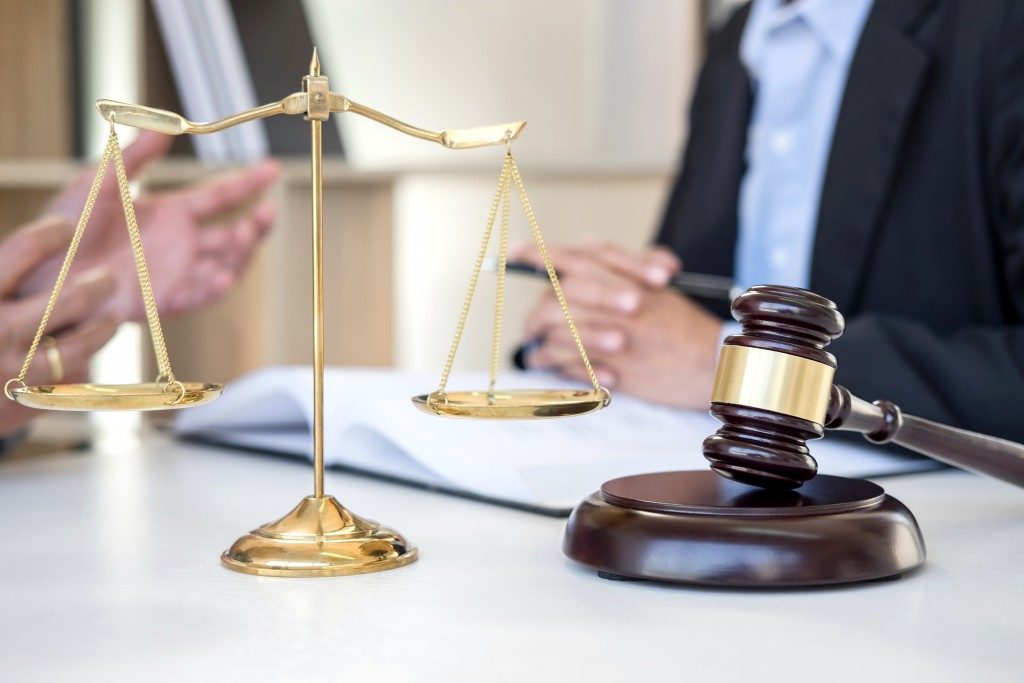Discovering that your spouse has been unfaithful can be an emotionally devastating experience. The feelings of anger and betrayal can be overwhelming, and even the suspicion of adultery can be disorienting. However, if you can prove adultery, it may not only allow you to expedite your divorce but also help you secure a more favorable division of assets. This guide will walk you through the steps of proving adultery and ensuring your interests are protected.
Understanding the Importance of Proving Adultery
Before you begin gathering evidence, it’s crucial to understand why you want to prove adultery. In the past, adultery was one of the few grounds for divorce. Today, many couples can file for divorce on the basis of irreconcilable differences, which often doesn’t require proof of wrongdoing. However, some states still consider marital misconduct, such as adultery, when dividing marital property or awarding alimony.
Proving adultery can be particularly significant if your state allows for immediate divorce upon proof of infidelity. Otherwise, you might have to wait several months to finalize the divorce. It’s also worth noting that while some states consider adultery when dividing assets, many do not. Therefore, it’s essential to weigh the potential benefits before investing time and energy into proving adultery.
Researching State Laws
Every state has different laws regarding adultery and its impact on divorce proceedings. To understand how your state views adultery, start by researching state-specific laws on divorce and marital misconduct. You can typically find this information online by searching for terms like “divorce,” “dissolution of marriage,” and “adultery” along with your state’s name.
States also define adultery differently. For instance, some states require proof of sexual intercourse, while others consider any form of sexual intimacy sufficient. For example, in South Carolina, sharing a cabin on a cruise ship without engaging in intercourse can be considered adultery. On the other hand, Mississippi defines adultery strictly as voluntary sexual intercourse. Understanding your state’s definition of adultery will help you gather the appropriate evidence.
Identifying Signs of Adultery
Before you start collecting evidence, identify why you suspect your spouse is cheating. Studies indicate that men who suspect their partner of cheating are correct about 50% of the time, while women are correct 85% of the time. Common warning signs of infidelity include:
- Decreased interest in sex
- Increased time away from home
- Suspicious voicemail messages or receipts
- A desire to attend events alone
- Increased mileage on the car despite a short commute
- Recognizing these signs can help you decide whether to pursue further evidence.
Consulting with a Lawyer
If you’re unsure about the importance of proving adultery in your state or how to gather evidence legally, consult a divorce attorney. An experienced lawyer can guide you on whether proving adultery is necessary and how to do it within legal boundaries. For example, while you can access your spouse’s phone records and emails through a subpoena, hacking into their phone or account is illegal.
A lawyer can also help you subpoena the necessary records to prove adultery. Finding a qualified divorce lawyer is essential, and personal recommendations from friends or colleagues who have gone through a divorce can be invaluable.
Gathering Circumstantial Evidence
Proving adultery doesn’t require direct evidence, like catching your spouse in the act. Instead, circumstantial evidence showing your spouse had the opportunity and inclination to commit adultery is often sufficient. This evidence needs to be specific, pinpointing the time and place of the infidelity.
Vague suspicions or testimony about seeing your spouse flirt at a dinner party are not enough. You need more concrete evidence, such as:
- Hotel receipts
- Photos or videos of your spouse with the alleged partner
- Witness testimony
- Phone records showing frequent communication with the alleged partner
Private investigation services can be particularly helpful in gathering this type of detailed and admissible evidence. By collecting this type of evidence, you can build a case that demonstrates the opportunity and inclination for adultery.
Protecting Your Interests
Proving adultery can significantly impact the outcome of your divorce. It can expedite the process and potentially secure a more favorable division of assets or alimony award. However, it’s important to approach this process thoughtfully and legally.
Work closely with your lawyer to ensure that all evidence is collected within the legal framework. This not only protects your interests but also ensures that the evidence is admissible in court.
In Summary
Dealing with infidelity is never easy, but understanding how to prove adultery and protect your assets can help you surpass this challenging time. By researching state laws, identifying signs of adultery, consulting with a lawyer, and gathering circumstantial evidence, you can build a strong case to support your claims. Remember, the goal is to protect your interests and ensure a fair outcome in your divorce proceedings.



